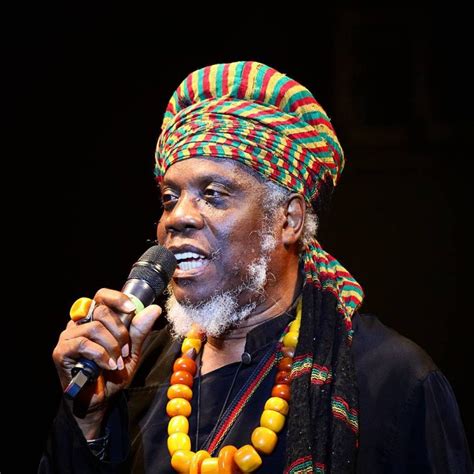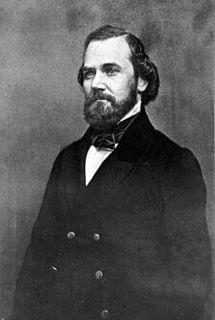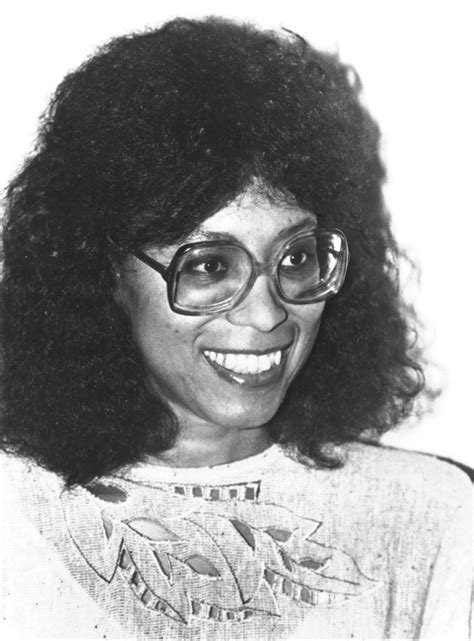A Quote by Mutabaruka
Slavery is not African history. Slavery interrupted African history.
Quote Topics
Related Quotes
I don't think there are any pure Africans of the African Americans, but the African part of our history was pretty much taken away from us during slavery, so the 60s gave us a chance, because of the civil rights movement, to kind of re-examine and make some sort of formal connection to our African-ness.
I think comedy allows people to accept the more difficult parts of history. And history, if it's presented wrong, is just very depressing, particularly the history of slavery. If slavery is presented properly, it's a great story. But I think that within the commercial world of storytelling in which I live, there haven't been many strong works that discuss slavery in ways that are palatable and funny and interesting to the reader.
Lawrence Hill, a cultural and spiritual descendant of West African griots, has used his vast storytelling talents to create an epic story that spans three continents. The Book of Negroes recites the pain, misery and liberation of one African woman, Aminata Diallo, who was stolen from her homeland and sold into American slavery. Through Aminata, Hill narrates the terrifying story of slavery and puts at the centre a female experience of the African Diaspora. I wept upon reading this story. The Book of Negroes is courageous, breathtaking, simply brilliant.
I learned a history not then written in books but one passed from generation to generation on the steps of moonlit porches and beside dying fires in one-room houses, a history of great-grandparents and of slavery and of the days following slavery; of those who lived still not free, yet who would not let their spirits be enslaved.
I've always been interested in history, but they never taught Negro history in the public schools...I don't see how a history of the United States can be written honestly without including the Negro. I didn't [paint] just as a historical thing, but because I believe these things tie up with the Negro today. We don't have a physical slavery, but an economic slavery. If these people, who were so much worse off than the people today, could conquer their slavery, we can certainly do the same thing....I am not a politician. I'm an artist, just trying to do my part to bring this thing about.
We have inherited a fear of memories of slavery. It is as if to remember and acknowledge slavery would amount to our being consumed by it. As a matter of fact, in the popular black imagination, it is easier for us to construct ourselves as children of Africa, as the sons and daughters of kings and queens, and thereby ignore the Middle Passage and centuries of enforced servitude in the Americas. Although some of us might indeed be the descendants of African royalty, most of us are probably descendants of their subjects, the daughters and sons of African peasants or workers.
As for slavery, there is no need for me to speak of its bad aspects. The only thing requiring explanation is the good side of slavery. I do not mean indirect slavery, the slavery of proletariat; I mean direct slavery, the slavery of the Blacks in Surinam, in Brazil, in the southern regions of North America. Direct slavery is as much the pivot upon which our present-day industrialism turns as are machinery, credit, etc. … Slavery is therefore an economic category of paramount importance.
I don’t believe it is possible to transcend race in this country. Race is a factor in this society. The legacy of Jim Crow and slavery has not gone away. It is not an accident that African-Americans experience high crime rates, are poor, and have less wealth. It is a direct result of our racial history.







































